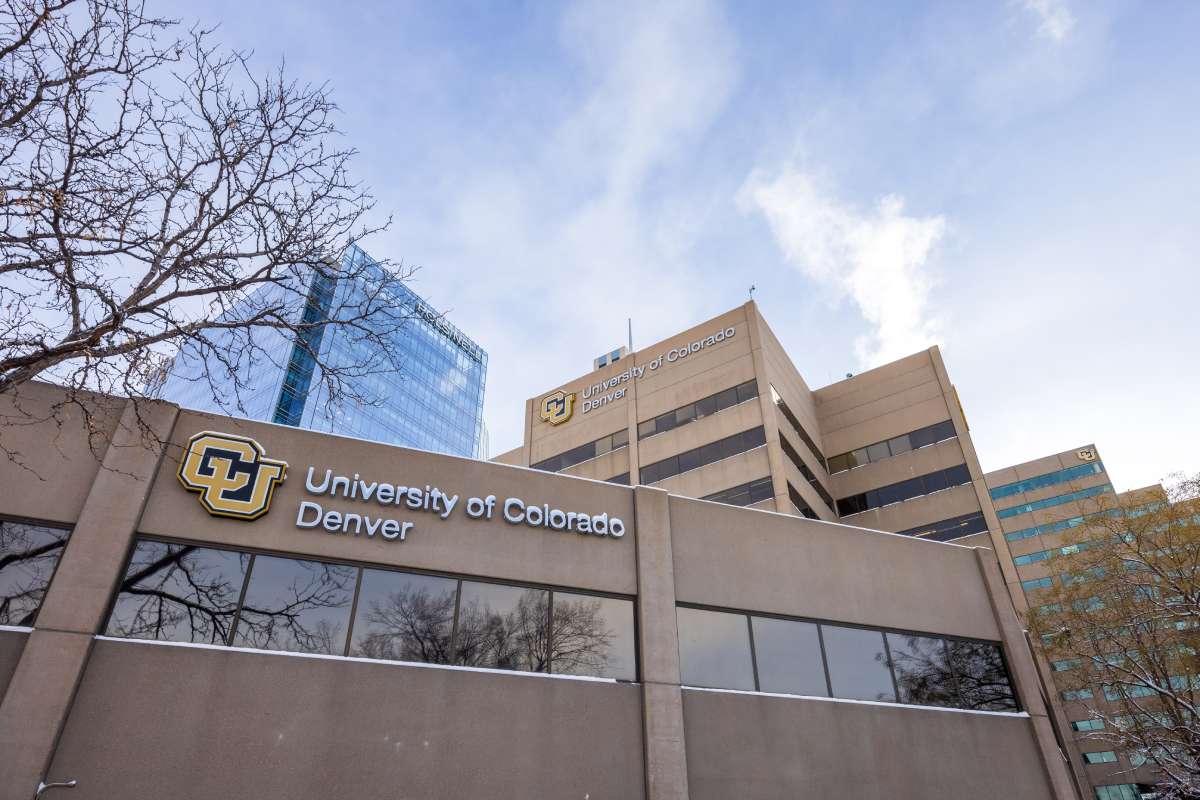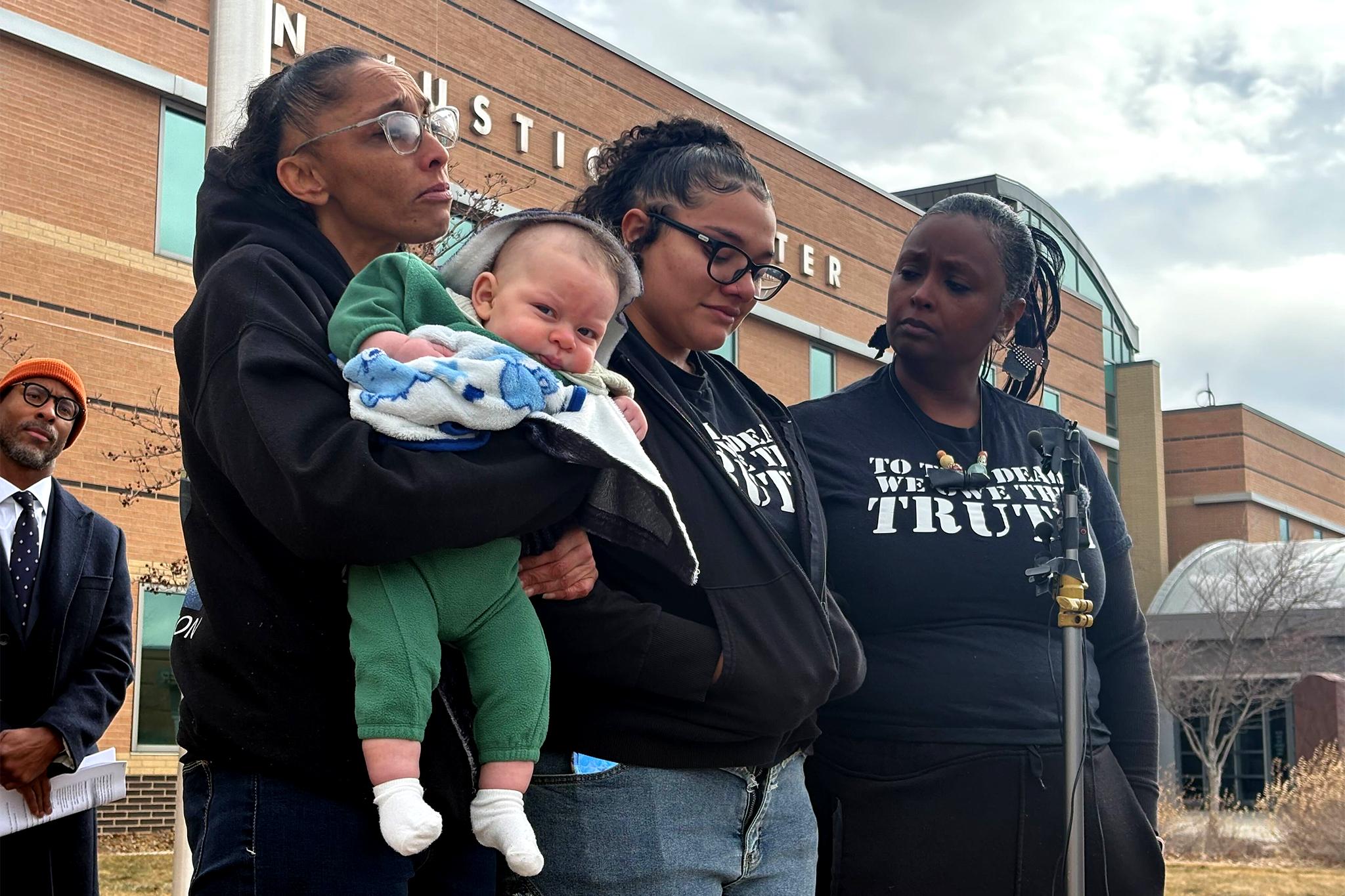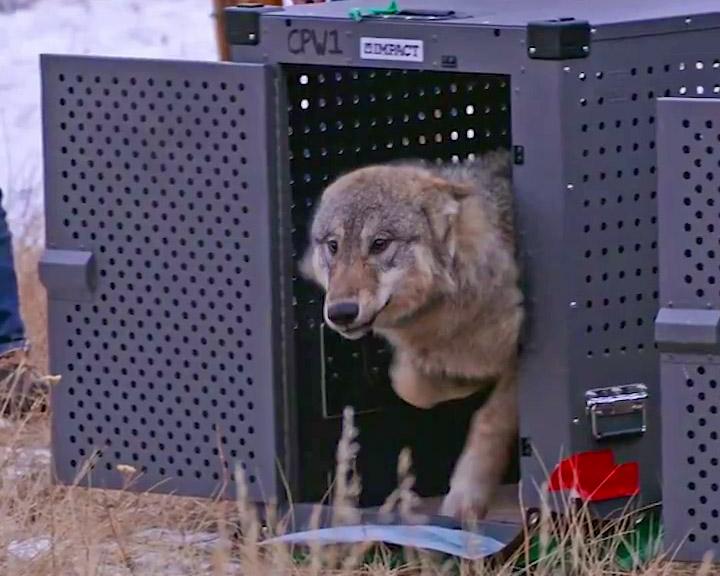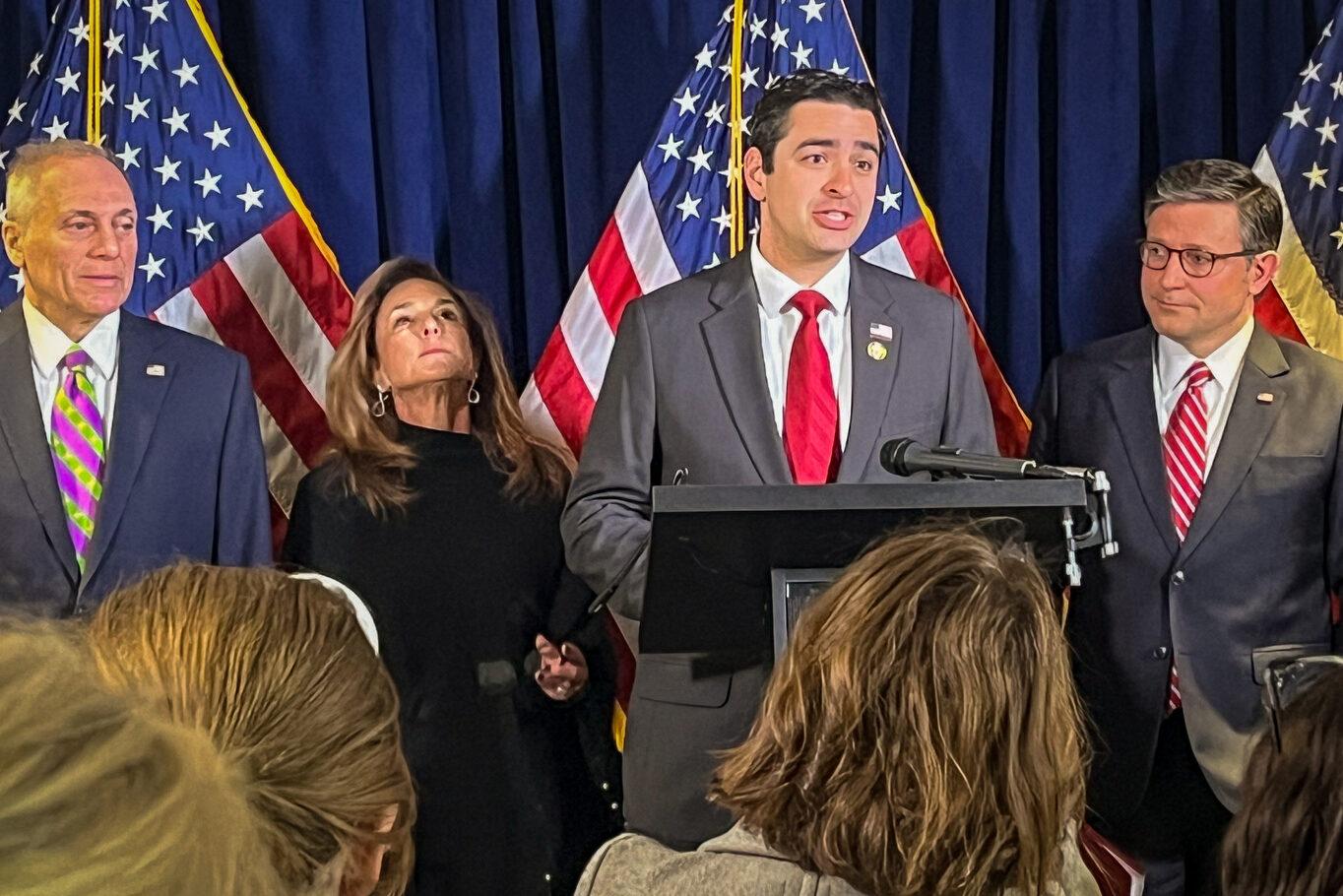
Faculty, staff, and student workers are organizing a systemwide call for collective bargaining rights on University of Colorado campuses from Boulder to Colorado Springs. Organizers launched the effort earlier this week, holding rallies in Boulder, Denver, and Anschutz.
According to Chloe East, an associate professor of economics at the University of Colorado Boulder, more than 40 people attended the Boulder demonstration on Tuesday.
“The rally was right next to the student center … We had speakers from all classifications on campus. There were tenure-track faculty, non-tenure-track faculty, students, and staff who all spoke about what collective bargaining means for them,” said East, who is also vice president of United Campus Workers of Colorado, the union representing faculty, staff, and student employees across the CU system.
East said organizers have noticed an institutional shift away from hiring permanent faculty and staff — a move they argue affects not only tenure-track positions but also research opportunities and the overall quality of student learning.
“It really was less about my position specifically and more about just sort of the culture and what was being prioritized on campus,” East said. “So many [schools] are replacing professional research assistants, who get salaries and benefits, and instead having graduate research assistants do that labor for them. With a graduate research assistant, they get paid even less, and they are definitively out the door in a few years, which is a very sort of disappointing, churn-heavy model that also leaves people without sustainable jobs.”
Although the University of Colorado is the state’s largest employer, the system receives some of the lowest levels of public higher education funding in the country. That is something East sees as a problem, as it puts additional pressure on CU workers.
“We are the only state that has a democratic governor and a democratically controlled legislature that doesn't have collective bargaining rights for higher education workers, for public higher education workers,” she said. “And so in some sense, I think this is something that should have happened a long time ago.”
While organizers say that each CU campus faces a unique set of challenges, low and stagnant wages and concerns about academic freedom seem to be some of the universal reasons to unionize. East says that faculty on the Boulder campus are specifically worried about “attacks on academic freedom” under President Trump’s administration, which have given the union additional urgency beyond traditional labor issues.
“The faculty on the Boulder campus have been organizing to ask the CU administration not to sign on to the so-called loyalty oath that the Trump administration has asked many universities to sign on to,” East said. “That's something that the faculty are really concerned about on all campuses right now.”
Organizers from all four campuses plan to rally at the University of Colorado Colorado Springs on Thursday, coinciding with the Board of Regents’ meeting.
“There's a lot of energy in the Colorado labor movement in general,” Jess Ellis, the President of United Campus Workers Colorado and CU Anschutz research staff member, said. She believes now is a good time to unionize. “At the end of the day, we are public workers and our research and our classrooms create a public good.”
CPR News reached out to the University of Colorado Board of Regents for comment, but did not receive a response by press time.









